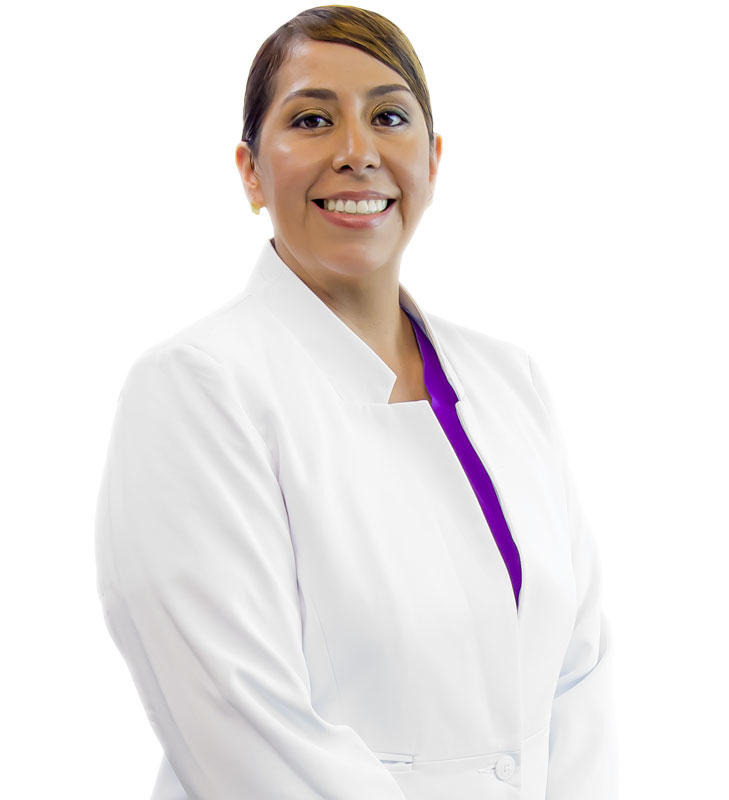Reproductive health care
Having heard so much about infertility and the different treatments to conceive, it is important to consider that fertility can be taken care of before deciding to become parents.
Knowing about fertility care or having reproductive health is just as important as knowing about contraception and the prevention of sexually transmitted infections. Everyone in general, but young people in particular, should have knowledge about what reproductive capacity is and how sensitive we humans are to affect it when we have inadequate lifestyles. The important thing is that they consider the usefulness of protecting their own from the beginning of their sexual life, or before if possible, so that at the time they have the ease of having children if they wish, avoiding problems and frustrations.
Some Reproductive Health care are:
Mainly at puberty, they stimulate the development of secondary sexual characteristics (breast growth, widening of the hips, enlargement of external and internal genitalia), regulate the growth of long bones; among other.
All this complex system of organization and hormonal secretions are orchestrated by the Hypothalamus-Pituitary-Ovary Axis.
It is important to highlight that exposure to sunlight and the percentage of body adipose tissue are directly related to menarche and menstrual cycles. Hence, girls or adolescents living in tropical or warm regions have an earlier onset than women from cold regions and with fewer hours of sun exposure during the year. Likewise, women with significant degrees of malnutrition and/or overweight can delay the onset of their menarche, as on some occasions the onset of secondary sexual characteristics.
